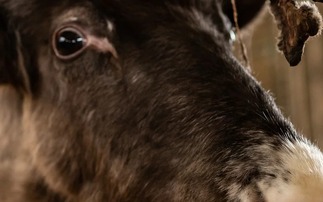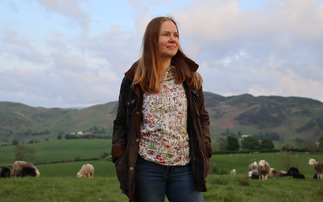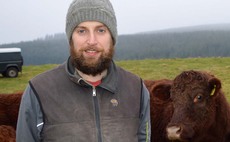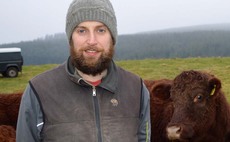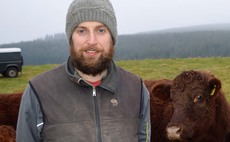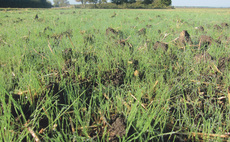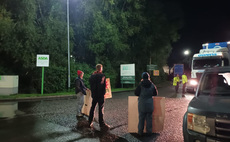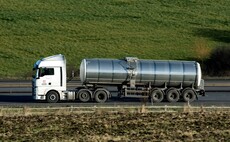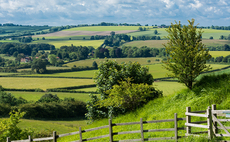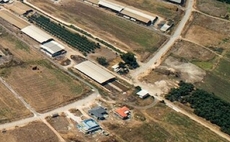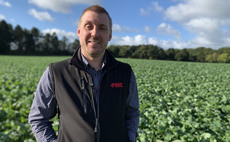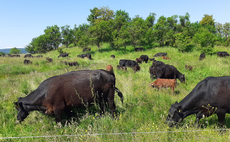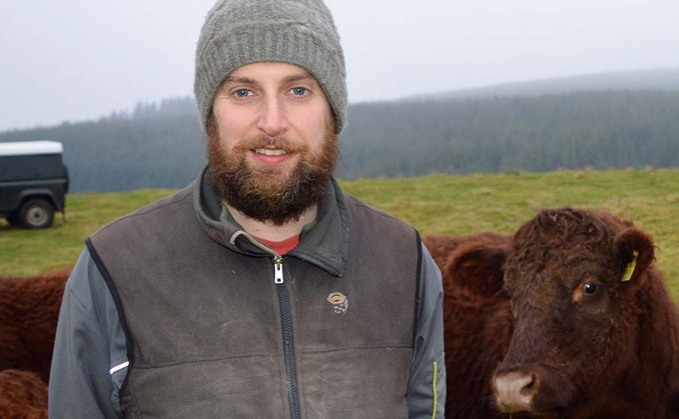
It is often said many lessons can be learned from history. Maybe modern life lures us into a false sense of security, or maybe man just has far to large an ego, but it seems like we have a tendency to ignore these lessons, usually to our detriment.
It seems sadly this is very much the case when it comes to land management and proposals for the future.
Food production no longer seems to be a priority in this country, and I think that is a big mistake.
Food security was a key principle of the Common Agricultural Policy (CAP), largely influenced by memories of post-war food shortages and it should continue to be a key policy of future UK policy.
We saw what happened at the start of the coronavirus outbreak. Despite panic buying our food production systems coped.
Surely we should always be in a position where we can over-produce so we can counter unprecedented demand, particularly now we do not have the safety net of the CAP.
In considering future policy we seem very much focused on natural capital, enhancing the environment and carbon capture (insert other buzzwords here).
That is all worthy stuff and all important, but we seem to be forgetting the need for actual farming.
I am a farmer and I have spent many years learning my trade.
For me production is key and I make no apology for that.
It does not need to be to the detriment of the environment and I would certainly make the case that it is not on my particular farm.
But I want to be paid to produce food, not to manage wildlife.
Not far from where we farm, just across the river, lies a stone, fairly innocuous to any walker and even most locals. Yet this stone tells an important story.
It tells of the wolf terror that once had free reign across the Highlands of Scotland. This animal was so feared that every tenant of the glen was bound by their lease to keep one pair of hounds for hunting them.
We have just about recovered from the hardest winter in a decade on the farm (I am aware it is not yet over) with significant snow cover for nearly five weeks.
Imagine how hungry apex predators such as wolf and lynx would become and how any opportunity for food would be grabbed.
The romantic notion that they would keep to themselves and only eat deer, not bothering livestock or people is just nonsense.
I am sure ‘old people' would be shaking their heads at the very thought of reintroducing.
So, when we are deciding on policy for the future of the countryside maybe we should look to history.
We should understand how important food production is and we should never forget how vulnerably our food productions systems are to events outwith our control. Let us not create additional problems.












